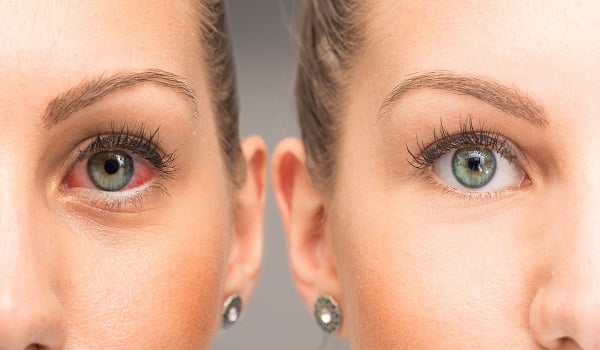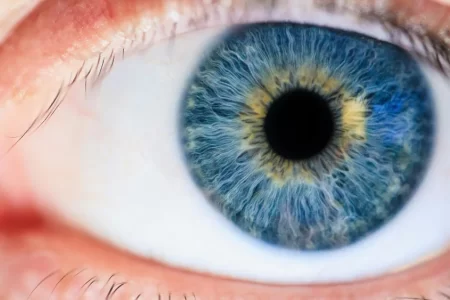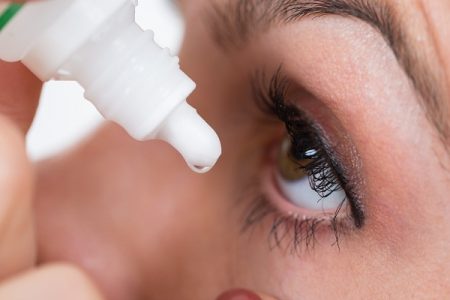How Are Dry Eyes Diagnosed?
- Updated on: Jun 24, 2024
- 3 min Read
- Published on Apr 19, 2021


Your doctor (a general physician generally) can examine your eyes to confirm whether you have dry eye syndrome or anything else, and give you advice about the treatment.
If the doctor finds that you may require special diagnostic tests, he may refer you to an ophthalmologist for further investigation.
Diagnosing the dry eyes
Your doctor may perform one or more of the following diagnostic tests and procedures:
Comprehensive eye checkup
He or she may do an eye exam that will cover a complete history of your overall health and your eye health to enable your doctor understand the cause of your dry eyes, and whether you really have dry eyes or something else.
He or she will look at your eyelids and the surface of your eye. She may also check how your eyes blink.
During the examination, your eye care specialist will likely be able to diagnose the disease by hearing your complaints about your eyes and by doing the physical exam. However, in case of uncertain diagnosis, a confirmation of the diagnosis can be made by seeing signs of dry eyes and/or performing certain tests. Read about signs and symptoms of dry eyes.
Fluorescein dye test
Eye drops that contain a special dye are used by your doctor to see the tears more clearly. They will then determine how long does it take for your eye to start drying out.
If there’s damage to the surface of the eye, the affected areas may be visible and your doctor can see them.
Schirmer’s test
A Schirmer’s test is used to determine how quickly your eyes produce tears. It is commonly used to diagnose dry eye condition.
Dry eye symptoms develop when the glands in your eyes are unable to produce enough tears to keep the eyes healthy. The eyes therefore are unable to maintain a stable level of moisture.
Schirmer’s test is generally done when it is suspected that either your eyes are producing too many tears or too little tears. The test may be done on one eye or both eyes, but it’s generally done in both the eyes.
The results of the test indicate whether your eyes are producing too many or too few tears. If the results are abnormal, your doctor will try to find the underlying cause of your condition. Dry eyes may be caused due to many reasons such as aging, certain medical conditions, side effects of medicines, laser eye surgery, vitamin A deficiency, etc. Read more about causes of dry eyes.
During the Schirmer’s test, small strips of blotting paper are tied over your lower eyelid. After a few minutes, the strips are removed and studied to determine how wet the paper is. If the paper has wetted less than 10mm in about five minutes, this indicates that you have dry eye syndrome.
Lissamine green test
Lissamine green is a dye available in the form of a strip. The strip is diluted with saline and dropped on to the surface of your eye.
The green colour of the eye enables the specialist to note early effects on the surface of the eye, if any.
In some other tests, other special dyes in eyedrops can be used to determine the surface condition of your eyes. Your doctor look will look for staining patterns on the corneas to identify how long it takes before your tears evaporate or how long it takes to produce the tears.












